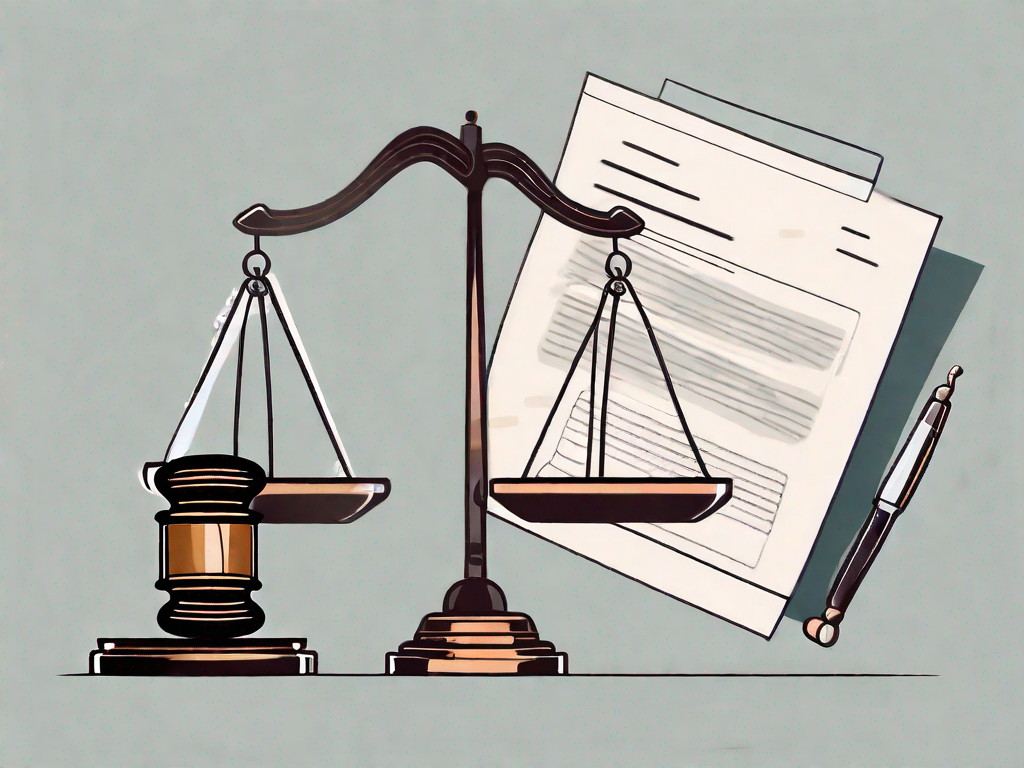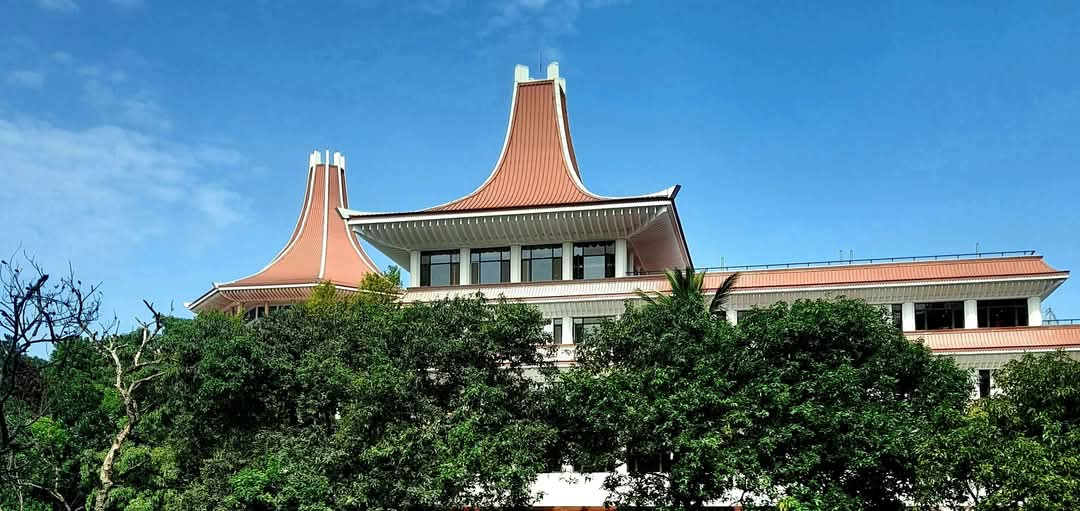“The fundamental error in the respondent’s case in the instant appeal is that the respondent does not seek prescriptive title”
Only Parties to an Action May Claim Prescriptive Title: SC

In a recent Supreme Court ruling, a longstanding land dispute in Kalmunai has clarified an important legal principle that one cannot claim prescriptive title on behalf of a person who is not a party to the case. The respondent in this case argued that his predecessor had acquired prescriptive title through long-term possession, but failed to claim prescriptive title for himself under Section 3 of the Prescription Ordinance, which allows a party to rely on their predecessor’s possession to establish title. Instead, the respondent merely claimed prescriptive title for his predecessor, a misstep that ultimately led to the court ruling against him.
“….Unless there is a clear legal basis for an extension of the judgment, such as in actions in rem, the general rule is that a judgment binds only the parties to it and their privies. (Punchi Banda v. Yusubu Lebbe (1908) 11 NLR 294, Sathuk v. Layaudeen (1960) 63 NLR 25) The necessary corollary of this principle is that a judgment cannot be entered in favour of or against a person who is not a party to the action. The judgment must be for a person who is a party to the action. (Kirihamy Muhandirama v. Dingiri Appu (1903) 6 NLR 197, Dharmasena v. Alles [1985] 2 Sri LR 35) In Aludeniya v. Jayantha Karalliadde and Others (SC/APPEAL/30/2013, SC Minutes of 03.10.2023), quoting section 3 of the Prescription Ordinance and dicta of several other cases, Justice Amarasekara stated: Thus it is clear that it is a party to an action, whether it be a plaintiff, defendant or an intervenient, who can ask for a decree based on prescriptive title. The said section 3 does not provide for a party to get a decree from court in favour of a person who is not a party before the court to say that the said person has got prescriptive title to the subject matter of the action. By this I do not intend to say that one in possession cannot tack on to his predecessor’s possession. In fact, one may”….”.
“…The respondent does not claim prescriptive title to the land but states that his predecessor who is not a party and who does not seek such relief from Court prescribed to the land. Under Roman law and Roman Dutch law, the possession of the predecessors in title could be relied upon by the person who claims prescriptive title. There is no dispute that, according to section 3 of the Prescription Ordinance too, for the purposes of computing a period of ten years, a party can tack on to his possession, the possession of “those under whom he claims”….”
“……But the fundamental error in the respondent’s case in the instant appeal is that the respondent does not seek prescriptive title. The purported claim of prescriptive title by the respondent is misconceived in law and must fail….”–– Justice Samayawardena
Case No: SC APPEAL NO: SC/APPEAL/72/2011 [Decided on September 05th 2024]
Before: Hon. Justice P. Padman Surasena Hon. Justice Kumudini Wickremasinghe Hon. Justice Mahinda Samayawardhena







